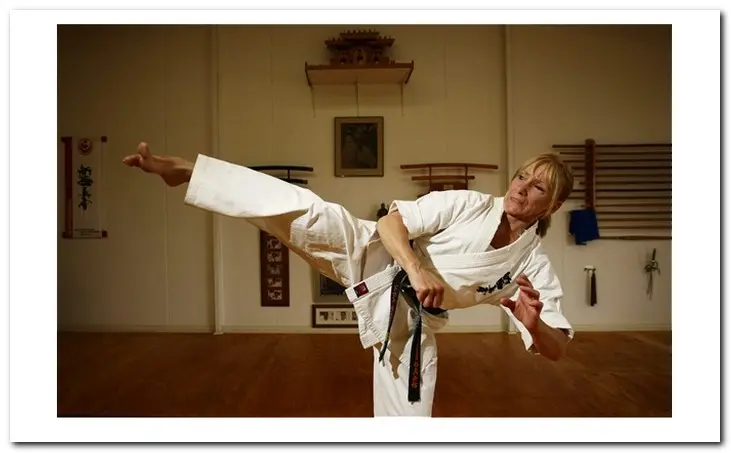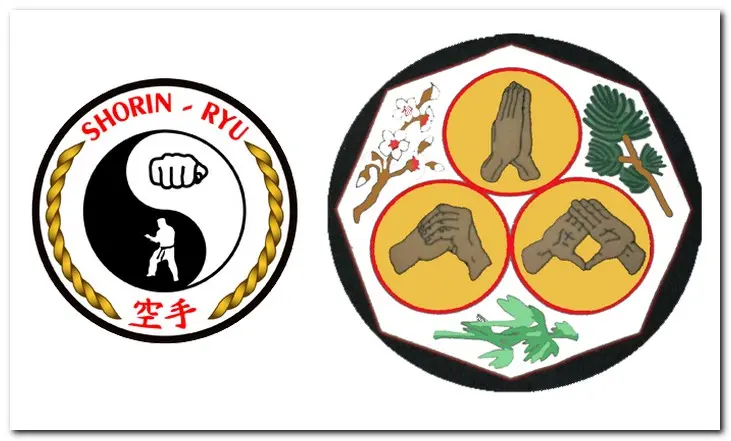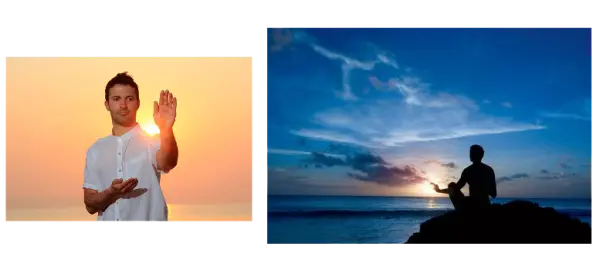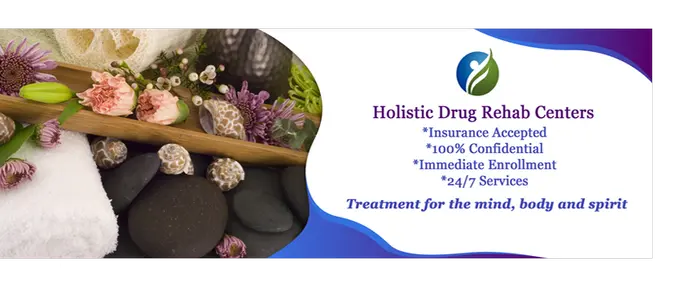Martial Arts and Karate in Addiction Recovery
Martial Arts is one of the weapons a person can use to change their lifestyle. Martial arts can help reduce stress and anxiety by encouraging you to practice deep breathing, meditation, and mindfulness. It helps train your mind to keep your attention focused while remaining calm and alert. This can be especially helpful when you’re trying to do multiple tasks that divide your attention. It is important to remember that a lifestyle change is imperative when a person is trying to overcome addiction. Changing friends is one of the greatest obstacles that the addict faces and filling the void of what to do with spare time is another. Karate Recovery has been known to take care of both of these voids. Over the years, many people have used karate to help with their recovery and as a source of support and self-discipline. When a person is in the grips of their addiction, they have a feeling of worthlessness, guilt, and shame. These feelings can be extremely overwhelming and the person needs to feel that they can overcome any challenge that they are facing. The practice of Karate or Martial Arts will help a person to feel empowered over their body and in control of their actions.
Karate is a Japanese martial art that focuses on the development of an individual’s physical, mental, and moral aspects. It aims to improve an individual’s total health and well-being. One of the most significant life lessons we must learn is the importance of building and working on oneself.
What is Karate?
Karate is a Martial Art form originally known as “Te” or Okinawa-Te which means Okinawa Hand. The term Karate also meant “Chinese Hand” because the original system was greatly influenced by Chinese martial arts. Karate was not a peasant’s art. It was the fighting art of Okinawa nobility and was popular with the royal family. A number of notable karate masters came from well-to-do families who were able to visit China to further their studies, as well as training at home with Chinese military men, diplomats, and traders. Japanese forces invaded Okinawa during the 1600s and banned the use of weapons and martial arts training. During this time karate practice spread amongst the people so they could learn how to defend themselves. But since the martial arts were banned, training had to be done in secret and often at night. The meaning of techniques was often disguised to prevent prying eyes from discovering the true nature of the art. There were three main centers of karate in Okinawa; they were at Shuri, Tomari, and Naha. The systems were known as Shuri-Te, Naha-Te, and Tomari-Te. These eventually emerged into two systems known as Shorin Ryu and Shorei Ryu.The many forms of karate studied today can all be traced back to these schools. During the late 1800s-early 1900s karate was introduced into the Okinawa school system as a way of maintaining discipline and a method of physical education for the pupils. The Japanese military officers recruiting conscripts into the army noticed how physically fit the Okinawans were. Karate was demonstrated on the mainland in the 1920s at a martial arts festival and was later introduced into schools and universities. After the Second World War, US servicemen were taught karate and they took it back to America with them. Japanese instructors were also dispatched to the US, Europe, Britain, and elsewhere to promote karate.
Since the 1960s and 1970s karate has become one of the most popular martial art forms in the world and is practiced by millions of students. Their reasons for training vary, but they generally include self-defense, fitness, health, and competition. There are many different karate systems developed by Okinawans, Japanese, and more recently Western instructors. The “big four” styles are Shotokan, Wado Ryu, Goju Ryu, and Shito Ryu.

There are many different karate systems developed by Okinawans, Japanese, and more recently Western instructors. The “big four” styles are Shotokan, Wado Ryu, Goju Ryu, and Shito Ryu.
Benefits of Karate or Martial Arts
There is no end to the benefits of karate but here are just a few examples:*Flexibility
*Health and Fitness
*Self-Defense
*Sport Professional
*Personal development
*Children’s character
*Social Skills
*Confidence
*Discipline
*Learning how to meet challenges

How to Find a Rehab Center with Martial Arts Therapy
Martial arts also help to broaden your horizons. Through karate, you will meet new people and learn about different cultures. Martial Arts in recovery can help you eliminate some of the issues you may have when dealing with an addiction. If you feel that you are in need of a detox, or are looking for a holistic rehab facility, please call us today. We can help you locate the services you need.1-800-513-5423

Sources
Benefits of Martial Arts
Martial Arts
Karate Wiki
Erik Epp – Content Author



